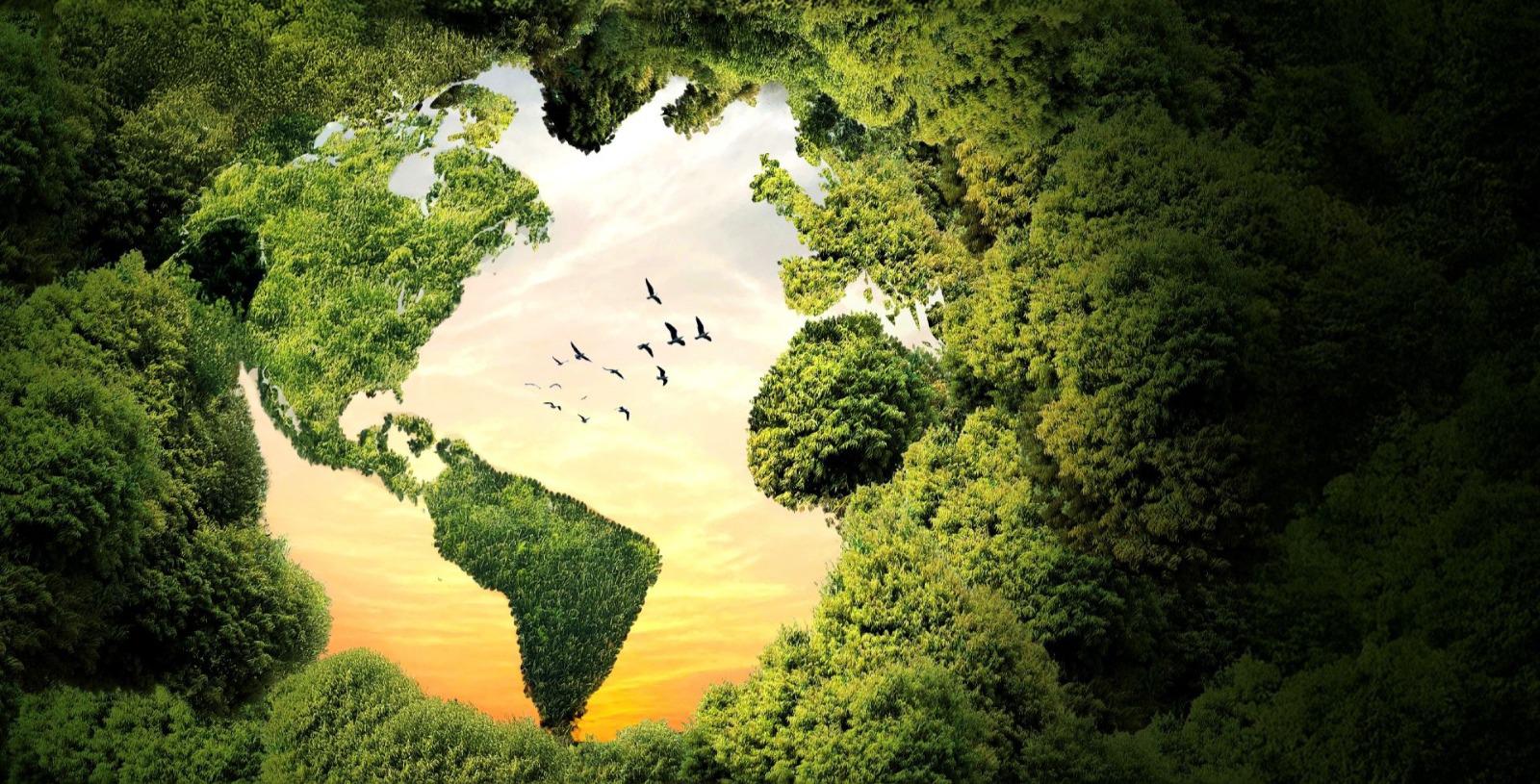Reybanpac, in action for the climate
2024-10-24Every October 24, the International Day against Climate Change is celebrated. The objective of this date is to raise awareness in the global community about the harmful effects of this phenomenon on the planet. Ecuador has not been immune to these consequences: in recent years, the country has witnessed increases in temperature, floods, melting glaciers of volcanoes and droughts.
The emission of greenhouse gases generated from the use of fossil fuels, as well as deforestation, are the main causes of climate change. Aware of this, Reybanpac has implemented a series of environmentally responsible practices in accordance with Sustainable Development Goal (SDG) 13 of the 2030 Agenda: Climate Action.
MEASURING AND REPORTING GREENHOUSE GAS EMISSIONS
The company measures and reports greenhouse gas emissions from its 43 farms in accordance with the guidelines of the Intergovernmental Panel on Climate Change (IPCC 2021), the Greenhouse Gas Protocol, and based on ISO 14064 and ISO 14046.
In 2023, Reybanpac obtained a result of 0.146 kgCO2eq per kilogram of bananas. This process allows the company to identify areas for improvement and develop strategies to reduce its impact on climate change.
SOIL MANAGEMENT PLAN
Recent research has shown that well-managed soils act as carbon sinks. For this reason, Reybanpac has a soil management plan that includes cultural and biological practices.
As part of this plan, a biofactory was established in 2023, in partnership with a supplier, to reproduce, store and distribute microorganisms for application on the company's plantations.
Some of the benefits obtained are accelerated biodegradation of organic matter, increased nutrient absorption, improved soil fertility, and prevention of plant and root diseases. Additionally, this allows for a decrease in the use of nematicides.
Other Reybanpac practices for the care of soil health include cover planting and precision agriculture to optimize the use of fertilizers and other inputs.
CONSERVATION AREAS
Reybanpac dedicates 1182 hectares to conservation areas on its farms, representing 15.3% of its total land area. This commitment exceeds the 10% threshold recommended by international standards, reflecting the effort to go beyond the minimum requirements for preserving local biodiversity. These conservation areas, exempt from banana cultivation, are intended to maintain biological corridors to protect vital ecosystems such as estuaries and rivers.
Reybanpac, through the Wong Foundation, has been contributing since 1998 to the conservation of the Centro Científico Río Palenque tropical forest, the only remnant of primary forest in the upper Guayas River basin, covering 110 hectares. Through the foundation, permanent and random surveys are carried out to prevent illegal logging. In addition, native species are replanted to support the regeneration of the forest when losses occur due to natural causes.
These actions reflect Reybanpac's commitment to climate action and environmentally friendly agriculture. As a company, we will continue to healthily and sustainably nourishing the world to build a better future for all.
